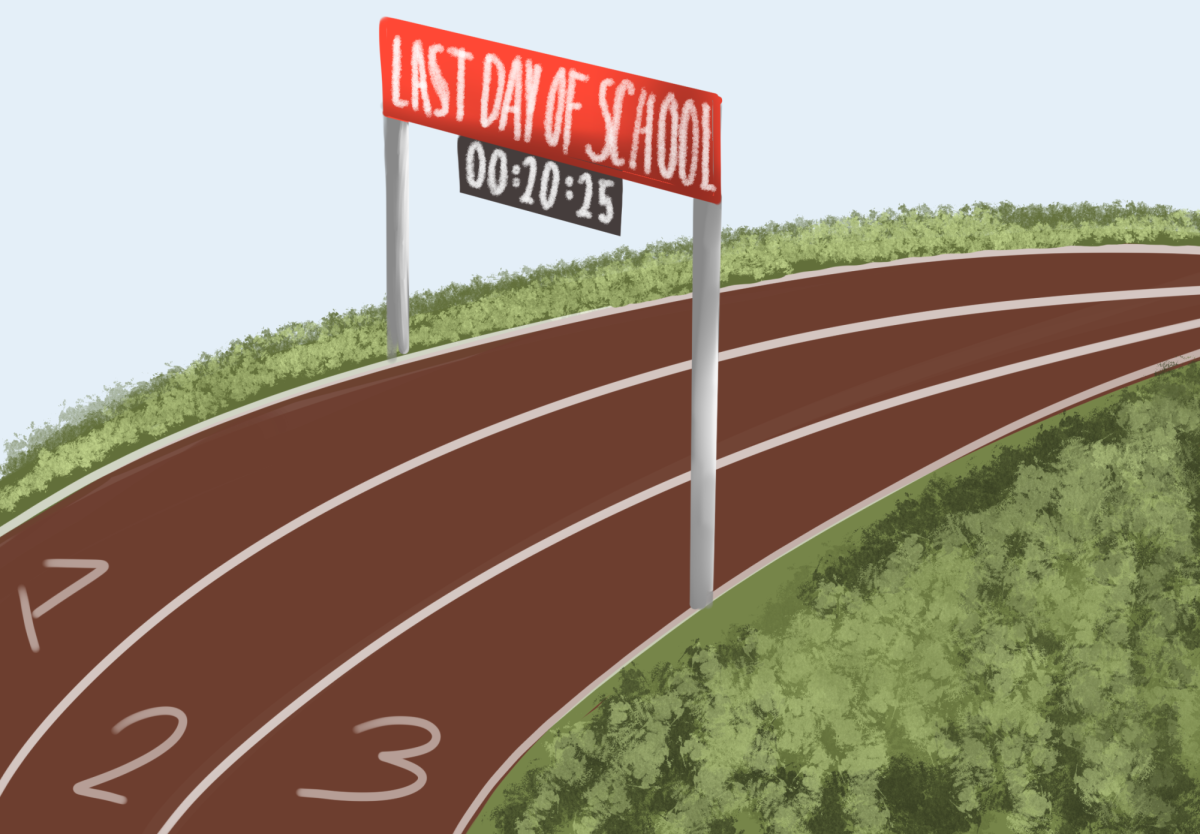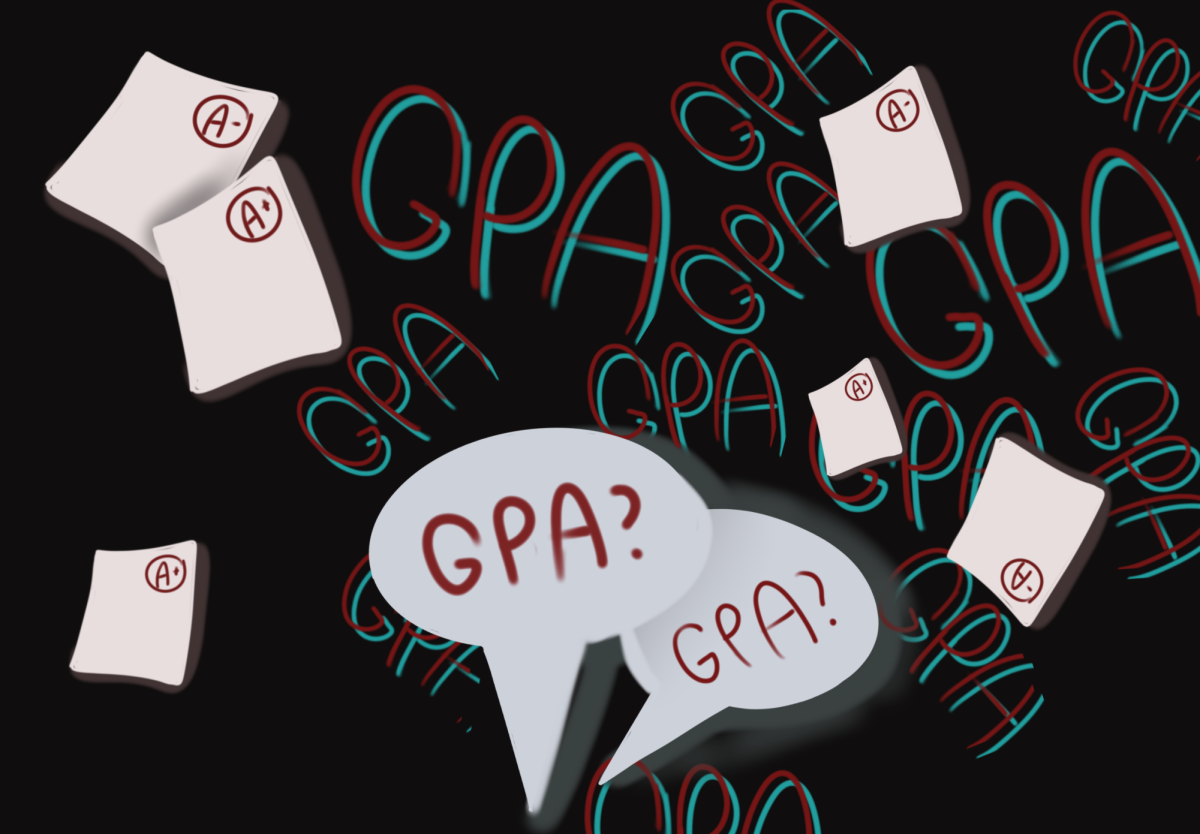David Shim ’26
Contributor
Is Teacher Feedback at Loomis Adequate?
Teacher feedback at Loomis Chaffee, or the ability to give feedback to teachers, is a topic of debate for students not only at Loomis but across all schools throughout the U.S. This fact is especially emphasized when one realizes that teachers are the most essential part of a student’s education; whether it may be as the writers of your recommendation letters or perhaps as lifelong role models, they impact the decisions and results that may come after high school. However, as it currently stands, the ability to give feedback has been insufficient for over a decade, and according to previous Dean of Faculty Adnan Rubai, there hasn’t been any form or way for students to give feedback to certain teachers since the 10+ years he’s worked at Loomis! Thus, is teacher feedback adequate? Or, more specifically, is feedback necessary at all?
First, I’d like to discuss some issues that would arise, if teacher feedback forms were implemented. The idea of “teacher feedback” can be thought of in many different ways, yet the two most common ideas are a) forms given by teachers and b) forms filled out by students and given to someone of higher status. Both of these issues present many problems; however, the latter option has far greater consequences.
Notably, who would such persons of “higher status” be? With more than seven hundred students at Loomis currently and around one teacher per every five students, there will be an oversupply of forms and letters written by such students, causing significant and detrimental work for those in charge of reading and listening to such feedback. This feedback “supply” increases even more, depending on when feedback forms should be taken – whether every term or year – which is exactly why filling out forms and expecting action is unrealistic.
However, the ability to give feedback is still an essential part of our education as students and can benefit both the teacher and the student.
“Not all teachers give feedback, which in my view is a big problem. I definitely think that [teacher-given forms] should be standard policy– perhaps one survey a term?” William Chun ’25 said.
Chun continued to elaborate on how this proposed policy would allow students to state their thoughts while keeping their concerns contained. However, although I agree solidly with this proposed system, the anonymity question should also be raised. Would anonymous forms cause students to berate teachers with straight criticism? Or would it help in the long term as students wouldn’t be afraid to express their thoughts?
To these questions, Andrew Dao ’24 disagreed with implementing new forms entirely– regardless of anonymity.
“Emailing is always an option– so there isn’t a true need for a formal, systematized feedback form. However, if anonymous feedback forms were to be added, students shouldn’t be too impolite or harsh,” Dao said.
Similarly, Chun agreed that the current system was fine as is; however, he had personally experienced many cases in which he felt as though teachers weren’t the best at communicating. Thus, it seems evident that adding an anonymous feedback form to help students voice concerns about improper Canvas use as well as biases between race and gender could prove to be beneficial for students as a whole. However, the main focus of such forms should once again be on constructive criticism only, especially since teacher relations are so important. Thus, although added teacher feedback forms could benefit the student population, many teachers are already doing sufficient jobs.
“Just by simply giving tests, teachers find out a lot about how well they are educating,” Dean of Student Life & Wellness Jessica Matzkin said.







